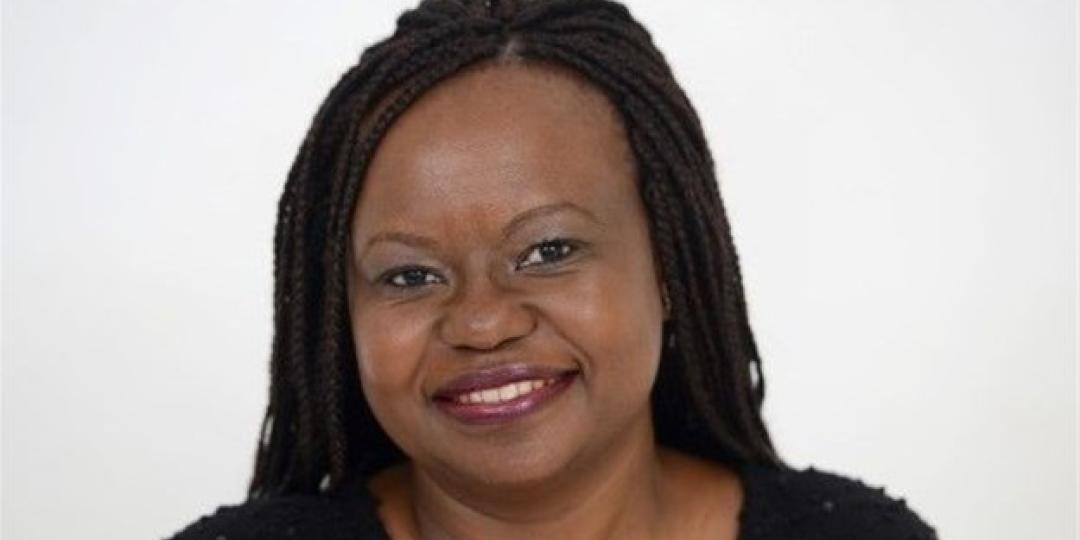The Federated Hospitality Association of Southern Africa (Fedhasa) is calling on insurers to reach a settlement on Business Interruption (BI) insurance with claimants, rather than pursuing a legal strategy through the courts – which will take months and, in some cases, years to resolve.
Failing this, the association is calling on government – and especially Mmamoloko Kubayi-Ngubane and Tito Mboweni, the Ministers of Tourism and Finance respectively – to intervene on an urgent basis.
“The rejection by insurers of COVID-19-related Business Interruption insurance claims from the hospitality industry will directly contribute to further job losses in the sector worst hit by the pandemic,” said Fedhasa CEO, Lee Zama.
“Many of our members took out expensive Business Interruption insurance policies, with specific extensions to cover notifiable and infectious diseases.” She said they had been paying their premiums and, when the pandemic hit, believed that these policy pay-outs would be the much-needed lifeline they had planned for, only to discover that their insurers walked away from their legal obligations.
South Africa’s tourism and hospitality sector sustains over 740 000 direct and 1.5 million indirect jobs and contributes 8.6% to the GDP. It was also the lifeblood of many micro and small enterprises, creating mass employment opportunities for men, women and youth across the country, said CEO of Insurance Claims Africa (ICA), Ryan Woolley.
Zama agreed, pointing out that, as the hospitality industry slowly begins to open up, there is a glimmer of light that some businesses and jobs may survive. “What these businesses urgently need is cash to pay salaries and fixed costs, otherwise more businesses will be forced to close and more jobs will be lost. By paying out on these claims, insurers have the ability to save jobs, but instead we see them hiding behind their lawyers while the industry bleeds.”
ICA has over 400 claimants in this sector against a number of insurers – with a number of insurers preparing to fight this in court. Woolley said ICA was hoping that insurers would reach “a sensible compromise settlement” for these businesses, who face the threat of imminent closure.
He pointed to international trends, where several global insurance companies were settling their customers’ BI insurance claims on a compromise basis. “A settlement would allow these vulnerable businesses to survive and, importantly, to pay their staff and operating costs.”
In rejecting these claims, insurers say that the policy was never meant to cover pandemics. However, Woolley pointed out, insurance companies were in the business of risk assessment, and employed some of the most qualified risk research teams in the world.
According to him, they would have known about other infectious notifiable diseases, such as Sars, MERS and Ebola, for many years, and therefore should have anticipated a pandemic, especially with many – including philanthropist and entrepreneur, Bill Gates – forewarning of such a threat.























